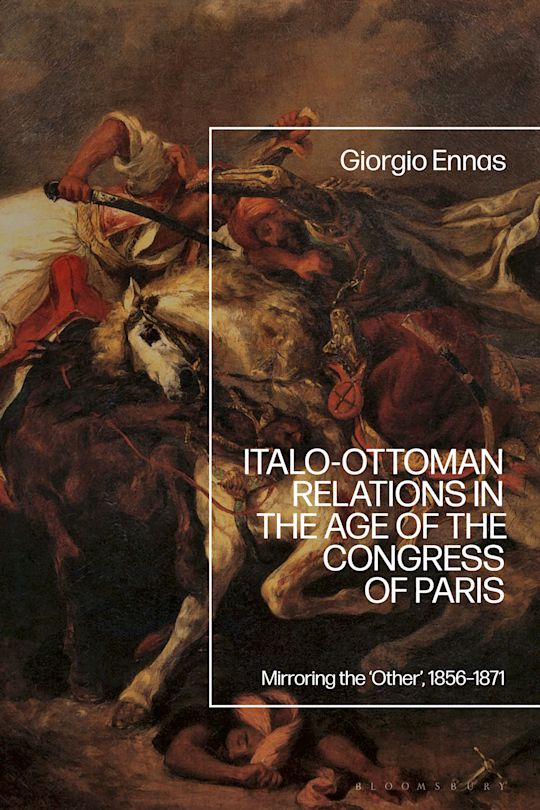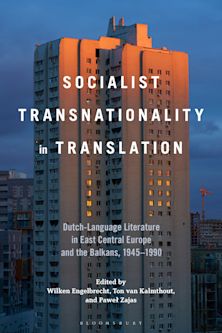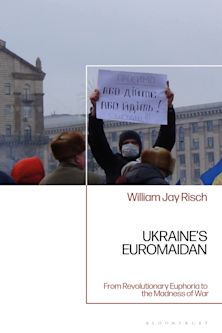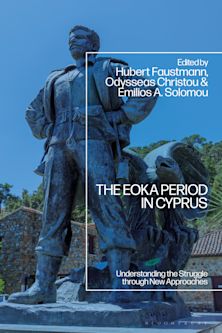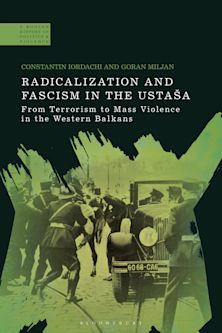Italo-Ottoman Relations in the Age of the Congress of Paris
Mirroring the ‘Other’, 1856-1871
Italo-Ottoman Relations in the Age of the Congress of Paris
Mirroring the ‘Other’, 1856-1871
Description
Giorgio Ennas here contends that, during the 19th century, the Ottoman Empire and the Kingdom of Italy developed in a specular way, as if reflecting each other through a mirror: both underwent a rapid process of 'modernisation', educated a new diplomatic elite, and, after their inclusion into the Concert of the Great Powers, implemented similar foreign policies to preserve their positions as European Powers.
Italo-Ottoman Relations in the Age of the Congress of Paris uncovers the surprising existence of a common sensibility between the Sardinian-Italian and the Ottoman diplomats involved in international negotiations during the 1860s - a key period of transition towards the age of imperialism. In this decade, the members of the diplomatic elites studied international law from the same manuals. Ennas convincingly argues that it is this common education which diffused European diplomatic culture among non-European diplomatic establishments, creating a flourishing of multiple modernities in the process.
While the dominant 19th-century narrative of modernisation processes situates these two countries in oppositional terms, the comparative analysis of their diplomatic documents and foreign policies in this study problematizes the common narrative of East versus West and uncovers the cultural similarities between these two alleged 'others'. Indeed, the book highlights their common aspiration to be incorporated into a global European civilisation characterised by a universal ambition to include a broader range of Powers, moving beyond cultural and religious differences.
Table of Contents
1. Modernising Diplomacy (1815-1856)
2. Preserving international peace (1856-1861)
3. A Shared Need for Reforms (1861-1865)
4. Claiming International Recognition (1866-1869)
5. The End of Imperial Universalism (1869-1871)
Conclusion: The Ottoman 1860s between Positivism and the “Other”
Bibliography
Index
Product details

| Published | Dec 11 2025 |
|---|---|
| Format | Ebook (PDF) |
| Edition | 1st |
| Extent | 256 |
| ISBN | 9781350378278 |
| Imprint | Bloomsbury Academic |
| Publisher | Bloomsbury Publishing |
Reviews

ONLINE RESOURCES
Bloomsbury Collections
This book is available on Bloomsbury Collections where your library has access.









